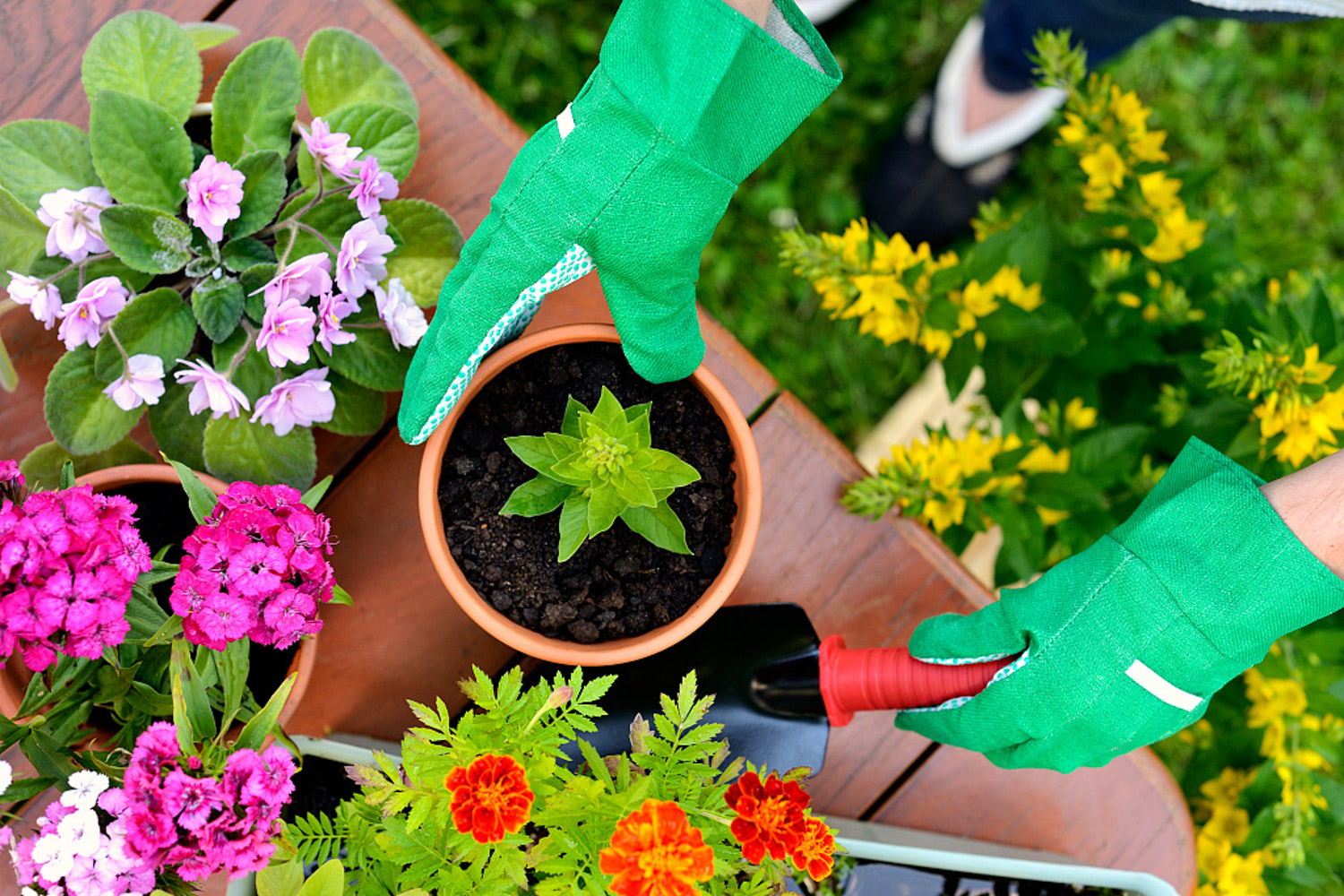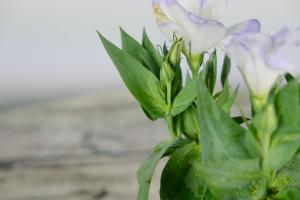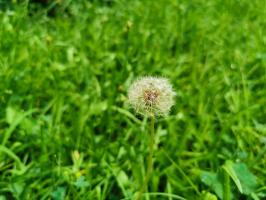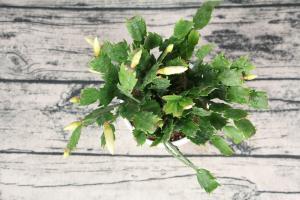Breeding method
Cutting propagation
Cutting can be carried out when the temperature is above 15 ℃ from May to October
Cutting 2 ~ 3 nodes at the tip of stem or 2 ~ 3 nodes at the middle of stem can be used for cuttings, and new branches can continue to germinate at the base
The cuttings can be made of river sand, vermiculite or moss, and the roots are born 10 ~ 15 days after cuttings
Sometimes, when the air humidity is high, the air roots often grow on the stem nodes of composite fruit taro, which can be cut and potted directly and put in half shade for maintenance. Some are creepy and grow with long stems close to the ground. The adventitious roots at the stem nodes grow directly into the ground and can be potted only by digging
Tissue reproduction
The shoot top and lateral buds are often used as explants
After regular disinfection, the shoot top was inoculated on MS medium supplemented with 5 mg / L 6-benzylaminoadenine and 2 mg / L indoleacetic acid. After 45 days, the adventitious buds were transferred to 1 / 2ms medium supplemented with 2 mg / L indoleacetic acid to induce adventitious rooting, and became complete plantlets after about 20 ~ 25 days

Cultivation management
Fertilization
Fertilize once every half a month during the growth period or use "Huiyou" 20-8-20 and high potassium nitrate fertilizer in all seasons to promote plant growth and more branches
Watering
For indoor maintenance in winter, the pot soil should not be too wet, otherwise in case of low temperature and humidity, it will cause root rot and death or leaf yellowing and falling off, affecting the ornamental value
Pruning
During outdoor cultivation, the stem and vine should not be left too long to avoid strong wind
Stems and leaves grow rapidly in summer, and potted plants need to be picked and reshaped. For hanging pot cultivation, the stems and vines droop. If they are too long or too dense, they also need to be thinly cut and shaped to maintain a beautiful plant shape. Adult plants can be re cut when changing pots in spring to germinate and renew again
Diseases and insect pests
Common leaf spot and gray mold hazards can be sprayed with 70% mancozeb wettable powder 700 times
At ordinary times, the same amount of Bordeaux liquid can be sprayed for prevention. Insect pests include whitefly and thrips, which harm the stems and leaves. Spray them with 1500 times of 40% Omethoate EC


 how many times do yo...
how many times do yo... how many planted tre...
how many planted tre... how many pine trees ...
how many pine trees ... how many pecan trees...
how many pecan trees... how many plants comp...
how many plants comp... how many plants can ...
how many plants can ... how many plants and ...
how many plants and ... how many pepper plan...
how many pepper plan...
































